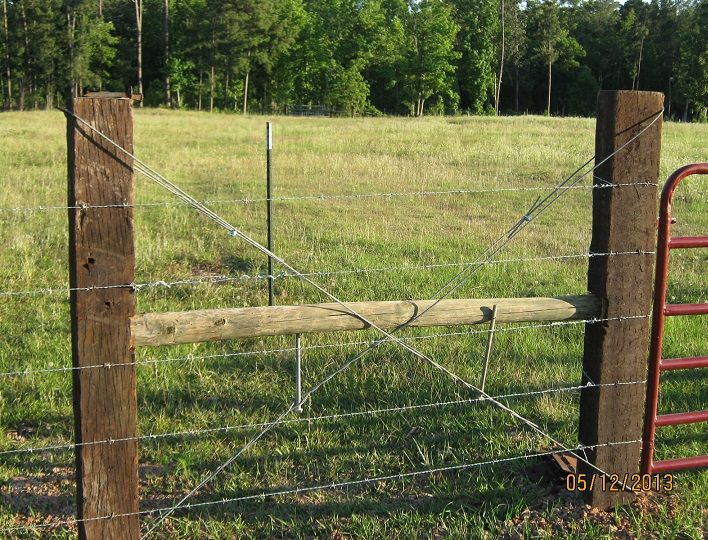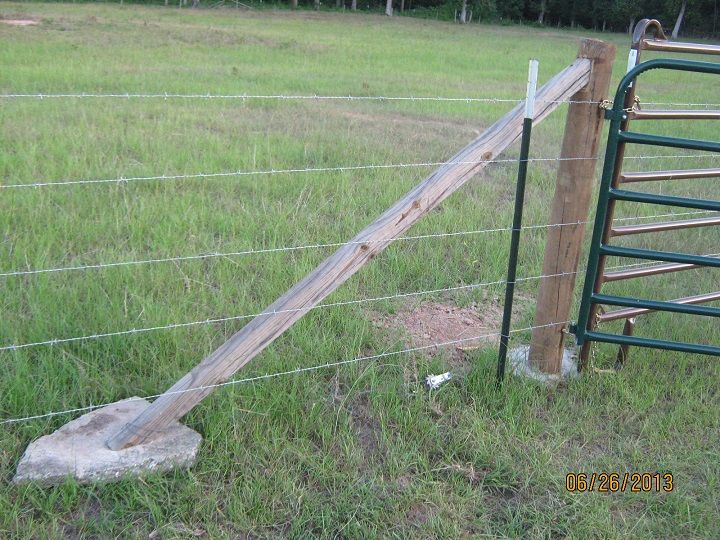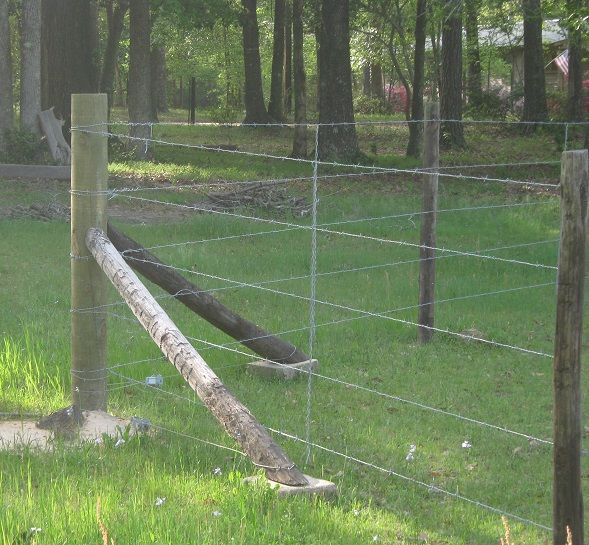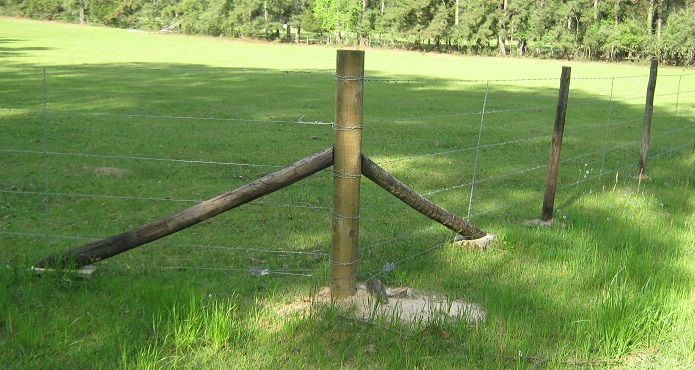babsbag
Herd Master
@Mike CHS The corners have been there for 8 years with no problems and when we installed them we were able to stretch the fence off of it. We did pound the corner one in about a foot deeper than the others. Our soil is very rocky, and not just big rocks, just very loose soil so posts don't stay in very well unless they are deep.
But I don't have animals rubbing on the either, I use hot wire to keep the goats and dogs off of the fences.
Sounds like you got a really good buy on those pieces.
But I don't have animals rubbing on the either, I use hot wire to keep the goats and dogs off of the fences.
Sounds like you got a really good buy on those pieces.








.jpg)
